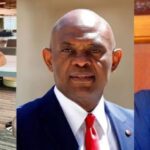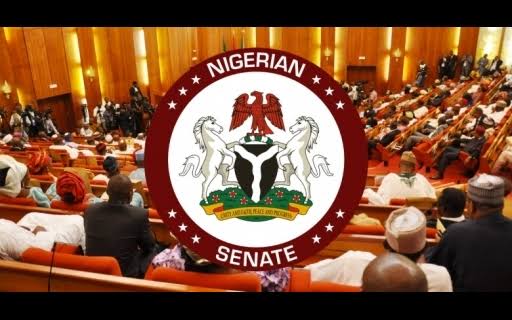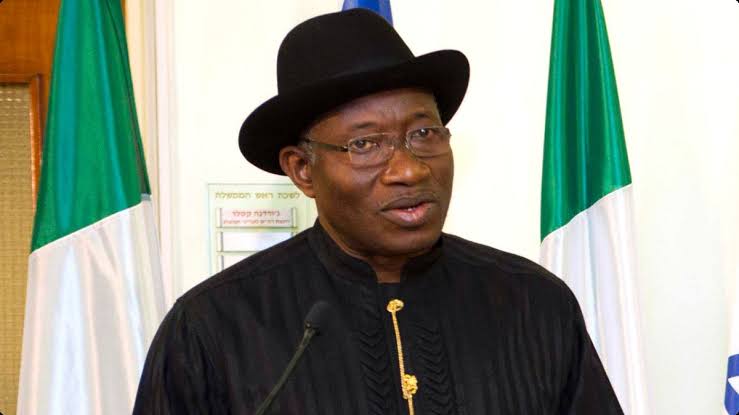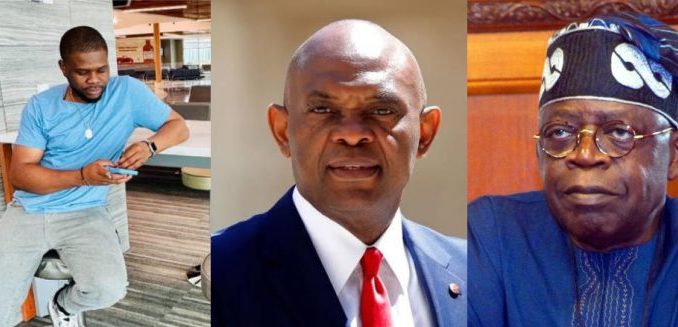The Senate has approved President Bola Tinubu’s request for a comprehensive external borrowing plan totaling over $21 billion for the 2025–2026 fiscal years.
According to the Senate, the funds are earmarked to support key national development projects across sectors such as infrastructure, security, agriculture and human capital development.
During plenary on Tuesday in Abuja, Chairman of the Senate Committee on Local and Foreign Debt, Senator Aliyu Wamako, presented the long-awaited report, which was first introduced on May 27, 2025. He explained that the delay in adoption was due to parliamentary recesses and challenges in obtaining documentation from the Debt Management Office (DMO).
The approved borrowing package includes $21.19 billion in direct foreign loans, €4 billion (euros), ¥15 billion (Japanese yen), a $65 million grant, and additional domestic borrowing through government bonds amounting to approximately ₦757 billion. It also approved raising up to $2 billion through a foreign-currency-denominated instrument in the domestic market.
Chairman of the Senate Committee on Appropriations, Senator Olamilekan Solomon (Ogun West), noted that the approval was largely procedural, as most of the items were already incorporated into the Medium-Term Expenditure Framework (MTEF) and the 2025 Budget previously passed by the Senate.
“The borrowing is already embedded in the 2025 Appropriation Act. With this approval, we now have all revenue sources, including loans, in place to fully fund the budget,” Adeola said.
The decision generated mixed reactions among lawmakers. Senator Sani Musa (Niger East) clarified that the borrowing plan covers a six-year disbursement period, not just the 2025 fiscal year, stressing that Nigeria has not defaulted on any of its existing loan repayments.
“There’s no economy that grows without borrowing. What we are doing is in line with global best practices,” Musa added.
Also, Senator Adetokunbo Abiru (Lagos East), Chairman of the Senate Committee on Banking, Insurance and Other Financial Institutions, reassured the chamber that the loans comply with both the Fiscal Responsibility Act and the Debt Management Act.
“These loans are long-term, concessional, and come with favourable repayment terms. Some have tenors ranging from 20 to 35 years,” Abiru noted.
However, Senator Abdul Ningi (Bauchi Central) raised concerns about transparency and accountability in the borrowing plan.
“We need to tell our constituents exactly how much is being borrowed in their name, and for what purpose,” Ningi said, citing constitutional provisions on borrowing oversight.
The borrowing plan includes funding for critical national infrastructure such as:
Railways (notably the Eastern Rail Line from Port Harcourt to Maiduguri),
Power plants and digital connectivity,
Security operations,
Agriculture and housing projects.
Senator Victor Umeh (Anambra Central) expressed strong support for the plan, highlighting its impact on the South-East.
“This is the first time I’ve seen $3 billion allocated to rebuild the eastern rail line. That alone justifies my full support,” Umeh said.
In his remarks, Deputy Senate President Jibrin Barau praised the committee’s work and stated:
“The entire nation is being carried along. This shows that the Renewed Hope Agenda is working. No region is left out.”
The Senate leadership emphasized that all disbursed funds must be used strictly for capital and developmental projects in accordance with laws governing public finance.
WARNING: If You Are Not 18+, Don’t Click The Link Below 👇🫣
https://abnormalitylovingmammal.com/kx6iepv2qm?key=6c14bd1d68e1eba721851f19778f5efe
https://poawooptugroo.com/4/8902554
Please don’t forget to “Allow the notification” so you will be the first to get our gist when we publish it.
Drop your comment in the section below, and don’t forget to share the post.
Never Miss A Single News Or Gist, Kindly Join Us On WhatsApp Channel:
https://whatsapp.com/channel/0029Vad8g81Eawdsio6INn3B
Telegram Channel:
https://t.me/gistsmateNG















